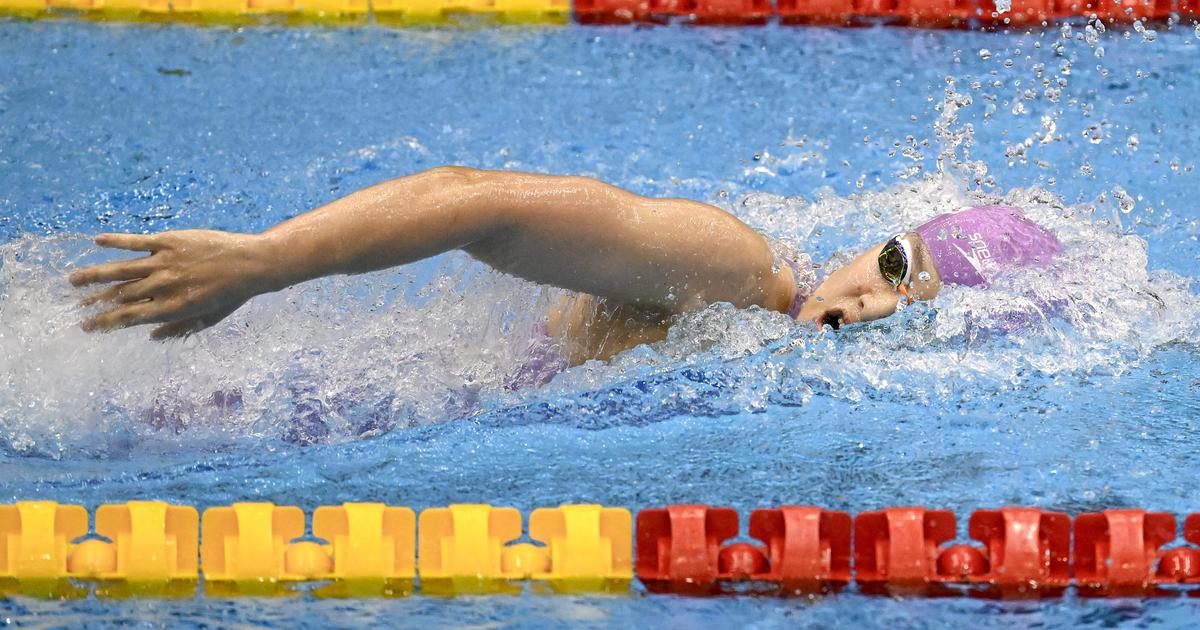The Rodchenkov Act and Chinese Swimmers Controversy: A Legal and Ethical Quagmire
A recent scandal involving 23 Chinese swimmers who tested positive for trimetazidine in early 2021 but were not sanctioned has thrown the World Anti-Doping Agency (WADA) into turmoil. As the Paris Olympic Games loom closer, the House Committee on Strategic Competition between the United States and the Chinese Communist Party has urged the Department of Justice and the FBI to invoke the Rodchenkov Act to investigate this matter further.
The Rodchenkov Act, passed in December 2020, empowers the United States to prosecute anyone involved in international doping schemes, regardless of their nationality. In a letter addressed to the FBI, representatives John Moolenaar (Republican) and Raja Krishnamoorthi (Democrat) emphasized the gravity of the situation, suggesting that it could indicate a broader state doping strategy by China. The scandal has brought up serious legal, ethical, and competitive concerns, reminiscent of Russia's doping scheme in previous Olympic Games.
The American anti-doping agency (USADA) criticized WADA, labeling it a diversion tactic aimed at American athletes. USADA accuses WADA of failing to disclose the positive tests of the Chinese swimmers, a matter highlighted by revelations in the New York Times and German channel ARD. Witold Banka, WADA President, contended that the Chinese swimmers were victims of food contamination, and accused USADA of spreading lies to shift the focus.
Banka defended WADA by pointing out that three American athletes had also tested positive due to external contamination, and their cases had been publicly disclosed. However, USADA countered that the American athletes had faced sanctions, unlike the Chinese swimmers. The contention escalated when Banka suggested that 90% of American athletes compete in leagues not adhering to the world anti-doping code, a statement that USADA condemned as harmful.
The ongoing feud between WADA and USADA brings forth crucial questions about the integrity of global anti-doping efforts. As the world's focus shifts to the upcoming Olympic Games, the need for transparency and accountability in anti-doping measures becomes even more critical.
- The Rodchenkov Act, named after the Russian whistleblower Grigory Rodchenkov, enables US investigators to pursue individuals involved in doping schemes, irrespective of their nationality. This law represents a significant step in the global fight against doping, ensuring that athletes who cheat are held accountable.
- The controversy involving the 23 Chinese swimmers is not without precedent. Countries like Russia have employed state-sponsored doping schemes to gain unfair advantages in international sports. The Rodchenkov Act aims to curb such practices by enabling cross-border investigations and prosecutions.
- USADA's claims about WADA deflecting attention is a reminder of the complex interplay between national and international anti-doping bodies. The effective functioning of these bodies is critical for maintaining the integrity and fairness of international sporting events.






